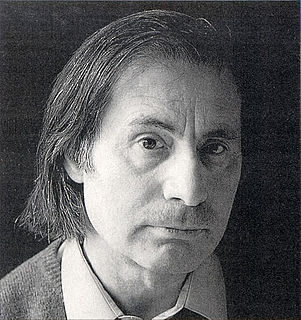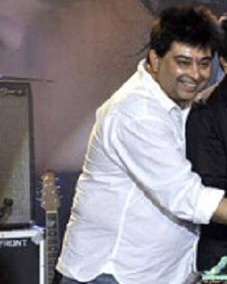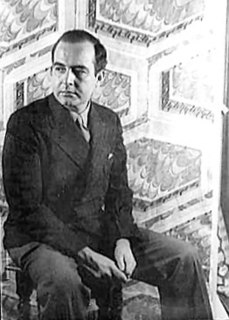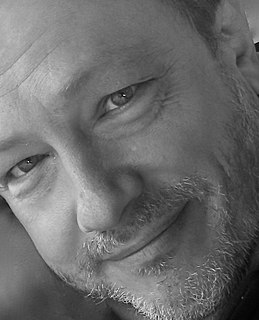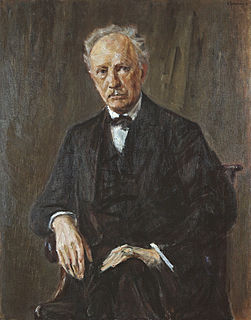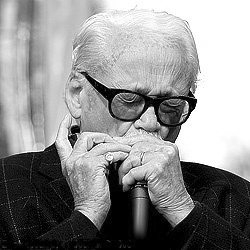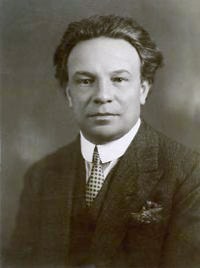A Quote by Alfred Schnittke
Do you know that my very first experience as a composer was a 'Concerto for Accordion?'
Quote Topics
Related Quotes
I cut my teeth playing rock songs on the accordion when I was a teenager and my friends always thought that was extremely amusing. I think that was the genesis of my polka medleys, because every rock song I played on the accordion just sounded like a polka and my friends thought it was funny. So that was a joke that I continue up to this very day.
My parents had a sidewalk cafe: every Sunday there was an accordion player and apparently I went through the motions, squeezing a shoebox. One of the regulars in 'the cafe said to my father: "I think you should get your son an accordion-that's what he's trying to do, with that shoebox." So they got me a little cardboard diatonic accordion-I still have it. I started to play the National Anthem, and things like that. It seems I was musically gifted-but my parents just never pushed in that direction.
When I finally got together with Rostropovich as a student, he was very focused, almost entirely focused on the music itself, on what the composer had in mind and what he knew about the composer. Many of the works that I played for him had in fact been composed and written for him; he was often the first performer of these works, having known the composers personally.
A review of his work: His music soon spread throughout Europe, and he was invited to America were he performed the Piano Concerto. He would have wished that he would be remembered as an opera composer, but it was to be his orchestral extravaganzas, mainly the trilogy of Roman pictures that has made his name famous.
Papa sat with me tonight. He brought the accordion down and sat close to where Max used to sit. I often look at his fingers and face when he plays. the accordion breathes. There are lines on his cheeks. They look drawn on, and for some reason, when I see them, I want to cry. It is not for any sadness or pride. I just like the way they move and change. Sometimes I think my papa is an accordion. When he looks at me and smiles and breathes, I hear the notes.
